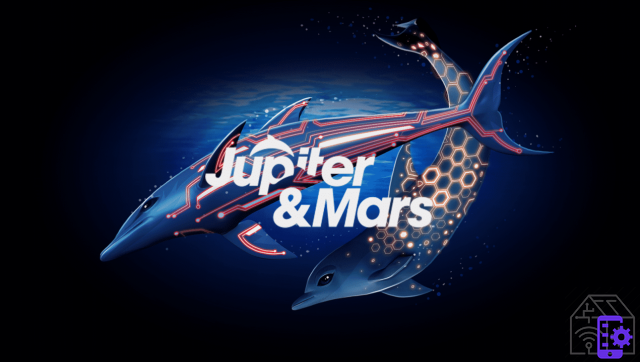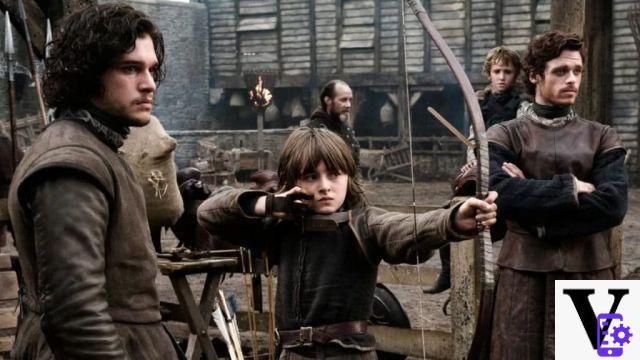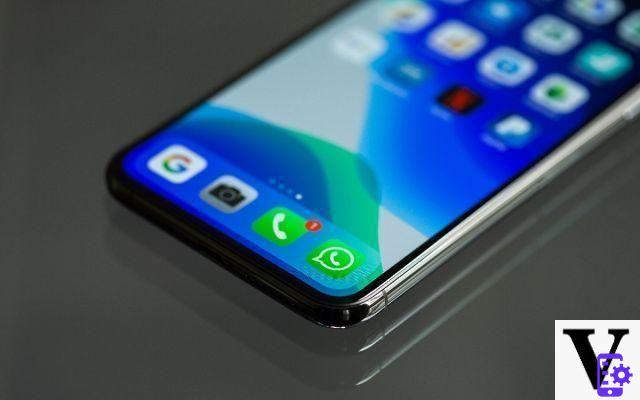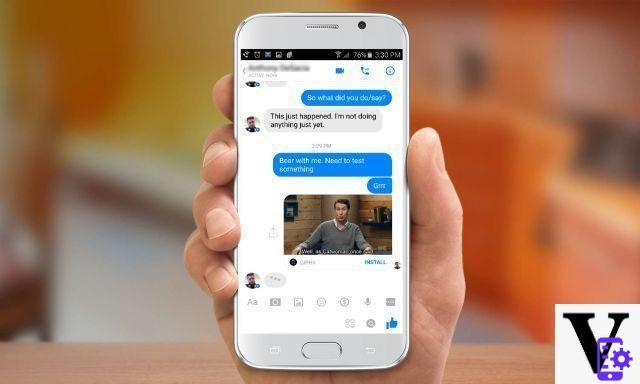With Deep Nostalgia the dead will move again. Nothing esoteric, a lot of technological: thanks to an application based on artificial intelligence, created by MyHeritage and the startup D-ID, the faces portrayed in vintage photographs will be able to come alive virtually.
Deep Nostalgia, and the past returns to "live"
Two Israeli companies, MyHeritage and D-ID, have presented a brilliant, funny and even a little disturbing app in recent days. This is Deep Nostalgia, a technology that thanks to artificial intelligence animates old photos. The portrait face, for a few seconds, will hint a smile, will blink, will make small movements.
Those who attended the presentation of the project saw for the first time how characters such as Charles Baudelaire, Giuseppe Garibaldi, Queen Victoria, Abraham Lincoln, Alessandro Manzoni and Giuseppe Verdi would have winked.

Operation and areas of use
In showing the project for the first time, faces of famous people from the past were chosen to achieve a disruptive effect. However, Deep Nostalgia is designed above all for private use, or rather intimate. The idea is that, through this service, anyone can see their loved ones move who are no longer there. For this to happen it is sufficient to have a photograph that you want to animate, thus creating a short shareable video.
Deep Nostalgia is based on a series of complex algorithms that analyze the face portrayed in the uploaded image, depending on the orientation of the head and the direction of the eyes. In the next step, the face will be associated with one of the pre-recorded videos: for each portrait the video that will guarantee the most realistic effect will be selected. The photographs chosen for the creation of the minivideo can previously be improved thanks to the MyHeritage in Color application.
Registration for Deep Nostalgia is free and guarantees a fourteen-day trial period at no additional cost.
The two companies involved
Deep Nostalgia was created by two Israeli companies, MyHeritage and D-ID, who tested it on their employees before launching the technology. The app, the two companies specify, cannot be used to upload images of living people. The risk would obviously be that of creating (and perhaps spreading) someone's deepfake. For this, Deep Nostalgia does not provide for the possibility of speech synthesis.
MyHeritage is a genealogy research site with millions of users around the world. And D-ID is a startup that deals with privacy in the field of facial recognition technologies. One would think that from their collaboration a technology like Deep Nostalgia could only be born.
The founder and CEO of MyHeritage expressed his satisfaction with the project in a statement. Where he puts it this way: “Seeing the faces of our ancestors come to life in a video simulation allows us to imagine them as they existed in reality and offers a new way to connect to our family history”.

Deep Nostalgia: the controversies
The lawfulness or otherwise of "resuscitating" the deceased is expressed in the faq of the MyHeritage site. Where we read that “some love the Deep Nostalgia service and consider it magical, others find it scary and unpleasant. Effectively the results can be controversial and it is difficult to remain indifferent to this technology, which is designed for a nostalgic use, that is, to bring our loved ones back to life ".
Discount
 Harry Potter and the Pocket Philosopher's Stone (Vol. 1)
Harry Potter and the Pocket Philosopher's Stone (Vol. 1)
- Rowling, J. K. (Author)
Previous
Younger people can smile thinking that Deep Nostalgia takes us straight to the fairy world of Harry Potter, where the photographs come alive. However, that must not be overlooked attempts to counter death with technology, albeit virtually, carry with them profound meanings. In other words, they are the sign of an era in which there is the illusory sensation of being able to reach everywhere, thanks to technology. On the one hand there is the dream of going further and further (think of Elon Musk's obsession with allowing man to live on Mars). And on the other hand there is the desire, with technologies such as Deep Nostalgia, to remove or defeat death.
There is very recent news of a man who "meets" his dead wife through virtual reality, and of a mother who does the same with her missing daughter.
If it is obvious that technology will soon have to question its ethical limits, it would be equally urgent to wish a civilization less focused on dreams of omnipotence and more capable of accepting the limits of human nature. But on this second aspect, technology cannot really help.


























